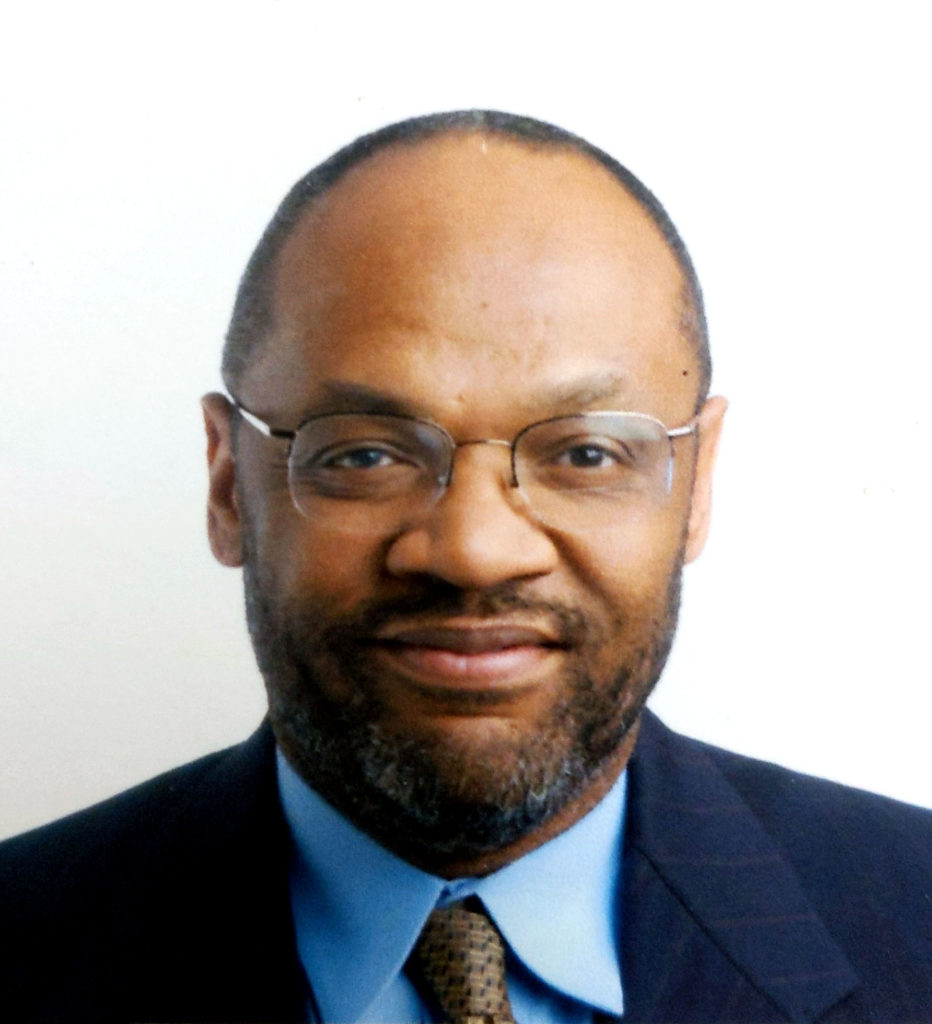Bost to lead Texas A&M’s Borlaug Institute as interim director
Retired ambassador brings a unique perspective to worldwide food and agriculture
U.S. Ambassador Eric Bost, retired, has accepted the role of interim director of the Norman Borlaug Institute for International Agriculture, effective Sept. 1.

As director, he will work to continue the legacy of Norman Borlaug, Ph.D., often called the “Father of the Green Revolution.” Like its namesake, the Borlaug Institute seeks to elevate small-holder farmers out of poverty and hunger through agricultural science.
Bost has served as the deputy director for financial operations and external relations for the Borlaug Institute since 2012. He takes over the director role from Elsa Murano, Ph.D., who has held the role since 2012. Murano was recently appointed associate vice chancellor for strategic academic initiatives for Texas A&M AgriLife.
“I have been very blessed to work with so many knowledgeable and talented people here at the Borlaug Institute and to have the wonderful opportunity of working with Dr. Murano,” Bost said.
“She’s a fantastic leader. I’m really pleased I will be able to continue working with her in her new role, because what we have been able to accomplish here at the Borlaug Institute is really a positive part of her legacy.”
Bost said he plans to continue the good work that the Borlaug Institute team has done over the years in their effort to uphold the legacy of Norman Borlaug.
“We have a truly outstanding team of professionals, people who are very committed to Dr. Borlaug’s legacy,” Bost said. “We’re really motivated to make a positive difference in the lives of people around the world and that’s what we want to continue to do.”
Unique experiences, unique perspectives
Bost brings many unique perspectives to the Borlaug Institute and the effort to improve lives through agriculture.
Beginning in 1997, he served Texas as the Commissioner and CEO of the Texas Department of Human Services, where he oversaw programs like Temporary Assistance for Needy Families and Supplemental Nutrition Assistance Program, SNAP. He served as the U.S. Department of Agriculture Under Secretary of Food, Nutrition and Consumer Service beginning in 2001. In that role, he managed nutritional programs that served one in every six Americans, including the Women, Infants and Children, WIC, program and the school lunch program.
“I am very sensitive to that relationship between agriculture and nutrition, having served in those roles,” he said. “What I have done in the past has established a foundation for many of the things that we do here at the Borlaug Institute in terms of working to help small-holder farmers improve their efficiency to meet the agricultural and nutritional needs of people around the world.”
In 2006, Bost was also appointed by the Pres. George W. Bush as Ambassador to the Republic of South Africa. There he focused on improving childhood education and health conditions and implementing the President’s Emergency Plan for AIDS Relief. This experience, plus Bost’s lifetime of world travels, has given him a unique perspective on agriculture’s role in diplomacy.
“As Dr. Borlaug said, peace can’t be built on empty stomachs,” he said. “Dissent and problems and violence and conflict in some places around the world occur because, or is exacerbated by, people’s inability to have enough to eat. So, agriculture is critically important.”


